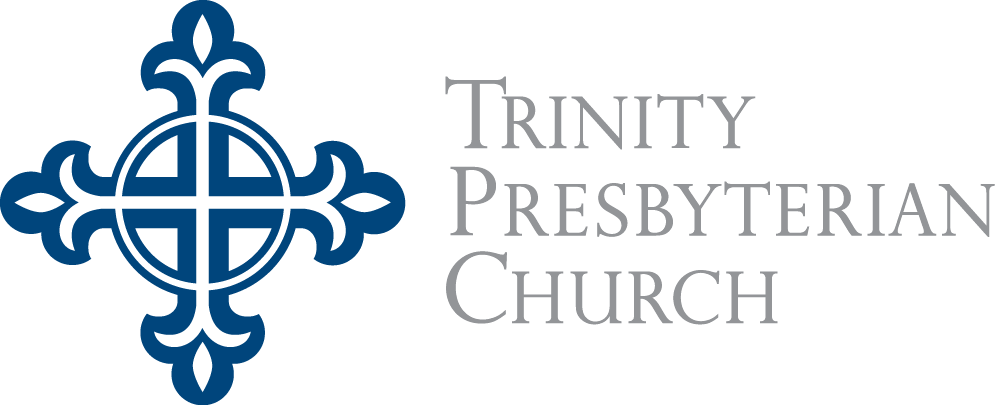Trinity Presbyterian Church is a confessional church whose system of doctrine is formulated in the Westminster Confession of Faith. The Westminster Confession adopts a theology that may be defined as catholic, evangelical and reformed.
 Its theology is “catholic” or universal in that it reaffirms the doctrines of historic Christian orthodoxy such as those defined by the Apostle’s Creed and the great ecumenical councils of the first millennium of Christian history such as the Councils of Nicea, Chalcedon, Constantinople, and others. These catholic doctrines include such affirmations as the Trinity, the deity of Christ, the atonement of Christ, and other doctrines that are integral to historic Christianity.
Its theology is “catholic” or universal in that it reaffirms the doctrines of historic Christian orthodoxy such as those defined by the Apostle’s Creed and the great ecumenical councils of the first millennium of Christian history such as the Councils of Nicea, Chalcedon, Constantinople, and others. These catholic doctrines include such affirmations as the Trinity, the deity of Christ, the atonement of Christ, and other doctrines that are integral to historic Christianity.
This theology is “evangelical” in that it affirms with historic Protestantism such vital doctrines as Sola Scriptura and Sola Fide. Sola Scriptura refers to the article that the Bible, as the inspired, infallible, and inerrant Word of God, is the sole written revelation that rules the faith and practice of the Christian community and alone can bind conscience. Sola Fide refers to the doctrine of justification by faith alone whereby the believer is justified before God by the free grace of God by which He imputes the righteousness of Christ to the believer. The sole ground of our justification is the merit of Jesus, which is imparted to all who trust in Him. Though good works flow necessarily and immediately from all justified persons, their works are not the meritorious grounds of our justification.
This theology is “reformed” in that, in addition to catholic and evangelical doctrine, the distinctive doctrines of the magisterial Reformers such as Luther, Calvin, and Knox are also embraced in a way that distinguishes the Reformed tradition from other Protestant bodies. Reformed theology places great emphasis on the doctrine of God, which doctrine is central to the whole of its theology. In a word, Reformed theology is God-centered. The structure of the Biblical covenant of grace is the framework of this theology. The concept of God’s grace supplies the core of this theology.

